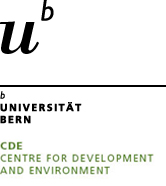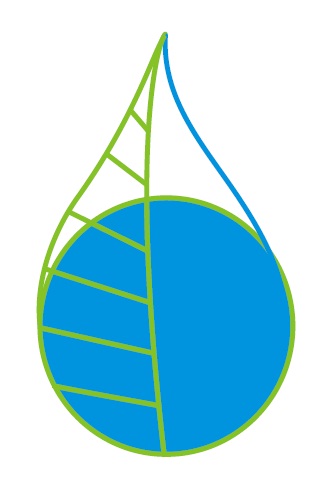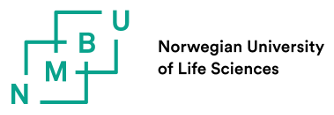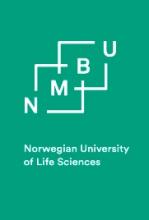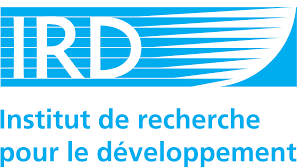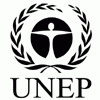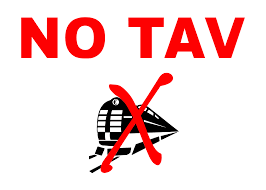environment
AGROVOC URI: http://aims.fao.org/aos/agrovoc/c_2593
Food and Climate Consulting
Food and Climate offers development consultancy services in food and hunger policy advice, capacity building, advocacy strategy and international project management. We specialize in international food security governance, rights based approach and access to natural resources (biodiversity, land, seeds). We are experienced in bringing together partnerships of civil society, NGOs, United Nations Agencies, donors and governments.
Columbia Center on Sustainable Investment
Norwegian University of Life Sciences
The Norwegian University of Life Sciences (Norwegian: Norges miljø- og biovitenskapelige universitet, NMBU) is a public university located in Ås, Norway. It is located at Ås in Viken, near Oslo, and at Adamstuen in Oslo.
Land Tenure Center, University of Wisconsin-Madison
MISSION
We build partnerships to synergize and sustain excellence in the interdisciplinary research, teaching, and service that make the University of Wisconsin-Madison a world leader in addressing environmental challenges.
VISION
We strive to create sustainable communities across complex institutional landscapes for enhancing the quality of life and the environment in Wisconsin and the world.
CORE VALUES
The Nelson Institute:
Department of Economics and Resource Management, Norwegian University of Life Sciences
NMBU's mission is to contribute to the well-being of the planet. Our interdisciplinary research generates innovations in food, health, environmental protection, climate and sustainable use of natural resources.
About NMBU
NMBU's research is enabling people all over the world to tackle the big, global challenges regarding the environment, sustainable development, how to improve human and animal health, renewable energy sources, food production, and land- and resource management.
Independent Science and Partnership Council
The Independent Science and Partnership Council (ISPC) is a part of the CGIAR, a global partnership that unites organizations engaged in research for sustainable development with its funders. Our overall goal is to determine the major threats to meeting the food production needs of the future and to define the research agenda that will provide solutions to the major long-term problems facing our world: hunger and poverty; nutrition and health; rural livelihood and inequity; and the environmental sustainability of tomorrow's food system.
Intercooperation Social Development India
We are a non-governmental not for profit organisation in India. Intercooperation Social Development India (also known as ICSD, IC India) adds value to the development efforts of poor and disadvantaged people and communities, and contributes to continuous improvements of their economic, social and ecological situation. We strive to reduce poverty and socio-economic disparities by enhancing livelihood opportunities through efficient utilization of natural resource and community empowerment, especially that of women.
We work on three broad thematic domains:
United Nations Convention to Combat Desertification
The United Nations Convention to Combat Desertification in Those Countries Experiencing Serious Drought and/or Desertification, Particularly in Africa (UNCCD) is a Convention to combat desertification and mitigate the effects of drought through national action programs that incorporate long-term strategies supported by international cooperation and partnership arrangements.
Institut de recherche pour le développement
The IRD (Institut de recherche pour le développement) is a multidisciplinary research institute dedicated to working closely with partner countries on global development issues. Placed under the joint supervision of the French Ministry of Research and the Ministry of Foreign Affairs and International
Development, the IRD uses an original approach on development research and expertise throughout its international network in over 90 countries. The IRD aims at using its research and tools for the benefit of countries that make science and innovation the prime levers for development.
United Nations Environment Programme
The United Nations Environment Programme (UNEP) is the leading global environmental authority that sets the global environmental agenda, promotes the coherent implementation of the environmental dimension of sustainable development within the United Nations system and serves as an authoritative advocate for the global environment.
UNEP work encompasses:
- Assessing global, regional and national environmental conditions and trends
- Developing international and national environmental instruments
NoTAV
No TAV è un movimento di protesta italiano sorto nei primi anni novanta del XX secolo, nel quale si riconoscono gruppi di cittadini accomunati dalla critica alla realizzazione di infrastrutture per l'alta capacità e l'alta velocità ferroviaria (comunemente note come TAV, "Treno ad Alta Velocità"),[1] prese come simbolo ed esempio di una gestione ritenuta inadeguata dei beni comuni, della spesa pubblica, del territorio e della politica.

